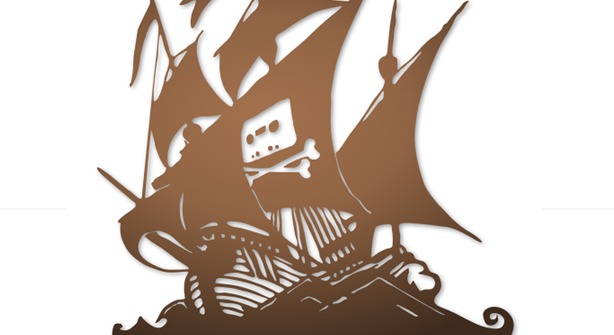Law, Order and Freedom Online
It wasn’t long ago that the first brave pioneers set out to make their fortunes on the unspoiled wilderness that was the Internet at the end of the 20th century. Back when Wikipedia was all fields and Google was just a noise that babies made, the Internet saw the start of a gold rush. It wasn’t as violent as the gold rush of the American west, but it yielded a lot more riches.In a few short years, the Internet went from being a dustbowl with the odd person trying to connect to QuakeWorld on a 28.8kbps modem to a boom town, buzzed over by the mainstream media and prowled by big companies keen to get a stake.
We all know this: our generation saw it happen. We also know – at least we should do by now – that the Internet isn’t exactly a place of safety. Apart from the thousands of viruses, spyware apps and other crap that target connected computers with varying degrees of malignancy there are other more personally unpleasant things online too.
Disturbing images, vindictive and deceitful people, hate speech, ignorance and bullying are all part and parcel of the online world. To more experienced Internet users, these threats may seem manageable, even trivial, but to the uninitiated the shock factor of what is available – easily, with just a couple of clicks – is very real. You don’t have to be Helen Lovejoy to realise that the Internet is not a place, for instance, where you should let children roam freely.
Should the Internet be a safe zone, a virtual Disneyland, scoured of sin and thoroughly policed like the Post-Giuliani Times Square in New York? Or should it be a free zone, where the wary and wise conduct business, taking care of themselves without a nanny or Big Brother to look after them? These questions lie at the heart of the issue of civil liberties online but it seems whatever the answer, overzealous politicians, pressure groups, public protest and the simple practicalities of Internet security might mean the line is drawn is sooner rather than later.

The Pirate Bay. Legal threats. Lawsuits. The main operators facing jail. And the site still stands. Even the spectactularly hard to kill Blackbeard would have been proud of such fortitude.
First They Came For The Pirates
We all know how it goes: you want a game, an album, a movie, and you can get it for free and probably faster than ordering it from Amazon, and the odds of facing any sort of sanction are very low. Content companies are bleeding product freely across hundreds of torrent sites and see nothing for it. This is perhaps the first real point at which we can see how the compromise between what the law and corporations want, what the people want, and what technology is able to provide.Efforts to counter piracy have come in too many forms to completely list here, and as a seasoned Internet user you’re likely aware of most of them. Annoying anti-piracy adverts at the start of legitimate DVDs, musicians pleading poverty from their limousines and games producers abandoning the PC with piracy as pretext have done almost as little to halt piracy as they have to persuade the majority of Internet users to believe piracy is a problem.
Other efforts to prosecute criminals via existing legal channels have had some specific successes: four years ago three British men who cracked and then distributed software were sent to prison for having done so. In the US, the Recording Industry Association of America (RIAA), a music industry body, pursued a highly controversial programme of court-cases launched against individuals it claimed used illegal file sharing services.
Most recently, the operators of the Pirate Bay torrent tracking website, who had grown infamous for their disdain for the angry letters from law firms and who posted them on their site as a point of pride, were convicted of breaking Swedish copyright law, and sentenced to jail and fined £2.4 million. They are currently seeking a retrial, alledging the judge in the original case was biased by his membership of the board of Swedish Association for the Protection of Industrial Property. The Pirate Bay, which remains operational, cheerfully stated after the conviction that, “It’s okay, we’re from the Internets.”
While these precision strikes against what are seen as important figures in data piracy can be seen as victories for the content industry the stark reality is that these efforts are as expensive, time consuming and about as practical as hiring Paris Hilton to mow a football pitch with toenail clippers.

MSI MPG Velox 100R Chassis Review
October 14 2021 | 15:04









Want to comment? Please log in.